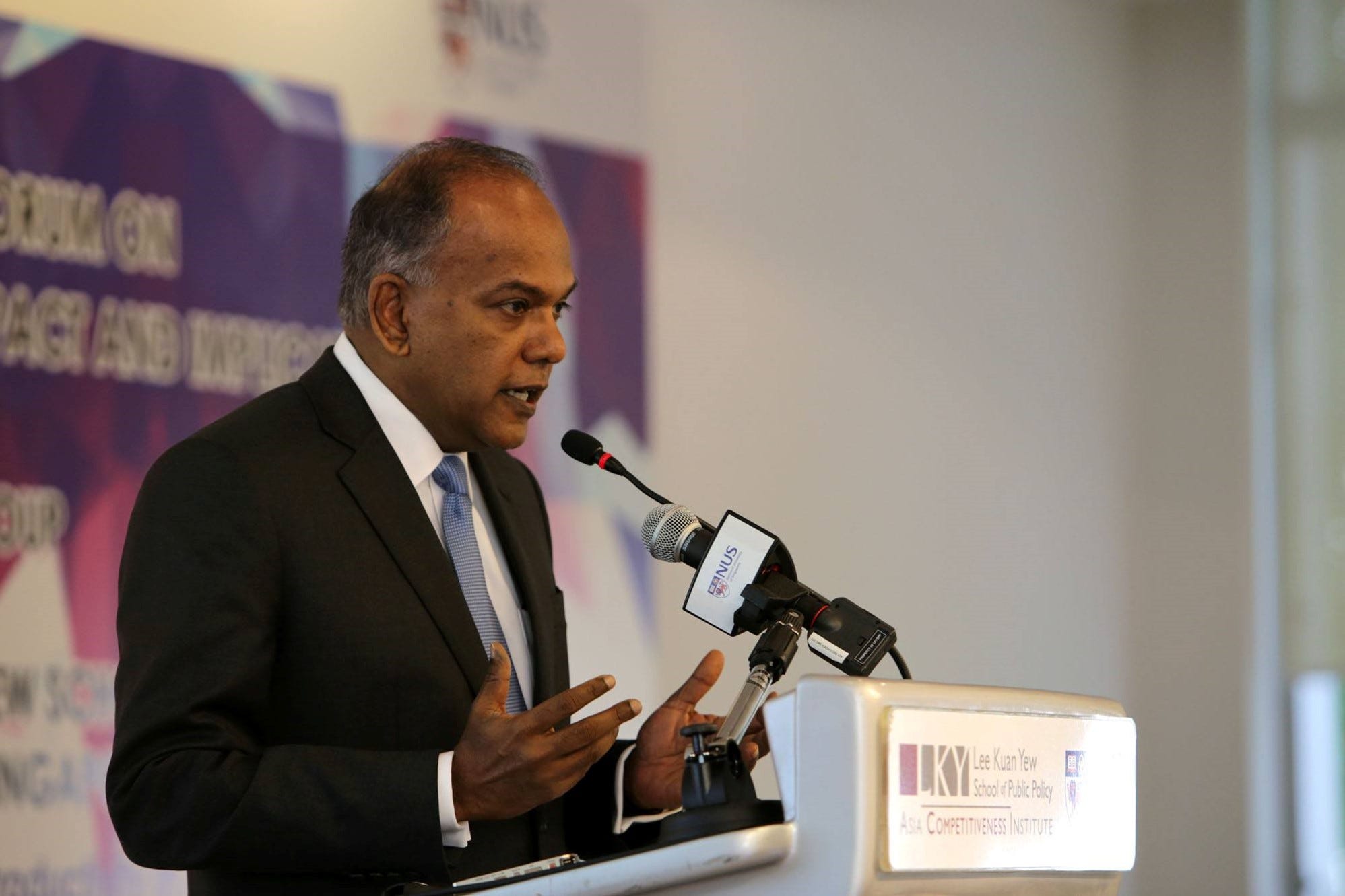Access to Asia Sentinel’s website has apparently been blocked in Singapore by the country’s Ministry of Communications and Information, according to local media, after we refused to comply with an order to correct a May 24, 2023 article concerning the use of government power against dissenters. Asia Sentinel cited statements confirming the veracity of our reporting. The government demanded that Asia Sentinel carry the correction at the top of our website for 30 days, which we refused to do. Although Asia Sentinel has yet to be officially informed, Singapore’s Ministry of Communications and Information told local media on June 2 that it had directed the Infocomm Media Development Authority to issue access blocking orders, which require local Internet service providers to disable access for end users to the online location where the alleged falsehoods were communicated. While the blockage does deny general Singaporean readers access to Asia Sentinel’s website, it will have little effect on subscribers as AS is published on the Substack platform as a newsletter, which it means it is available in email accounts. As a US-domiciled concern, Asia Sentinel is also protected by the so-called “Securing the Protection of our Enduring and Established Constitutional Heritage (SPEECH) Act,” which makes foreign defamation judgments unenforceable in US courts, unless either the foreign legislation applied offers at least as much protection as the First Amendment to the Constitution of the United States concerning free speech, or if the defendant would have been found liable even if the case had been heard under US law. Local media also reported Singapore’s Ministry of Home Affairs issued a statement threatening to take further action against Asia Sentinel. But while we had hoped this matter could be settled amicably by printing Singapore’s demand for a correction and our rejoinder to the demand, the government has refused to be satisfied with being heard prominently with its complaints permanently on the website in their proper place, as is practice in other countries. The Ministry of Home Affairs charged that “If Asia Sentinel truly believes in free speech, it should be happy for its readers to read both the article and the correction notice, and make up their own minds which is true.” Readers could have done so since May 26. Both the demand for correction and our rejoinder have been available and still are. Here is the original demand from the Singapore government, and our rejoinder, published May 26: The Singapore government, under Section 11 of its “Protection from Online Falsehoods and Manipulation Act of 2019 (POFMA), has demanded that under legal obligations imposed by the powers of POFMA, Asia Sentinel post a correction of our May 24 story titled Killing the Chicken to Scare the Monkeys. Although we have posted the government’s demand, we stand by our story. First, we are domiciled in California in the United States, which would be the appropriate place for any potential legal action by Singapore, and we are not subject to demands or threats of the Singapore government. Statements of fact The Government quarrels with the following assertions:
The Protection from Online Falsehoods and Manipulation Act is a draconian provision by the Singapore government that has been used against the press, political figures and Singapore's critics, and anyone else who dares to raise a voice against it. We believe it is being used against Asia Sentinel because we reported fairly and completely on the controversy over the government's attempts to silence a critic. We repeat, we stand by our story. This article is among the stories we choose to make widely available.If you wish to get the full Asia Sentinel experience and access more exclusive content, please do subscribe to us for US$10/month or US$100/year. |


